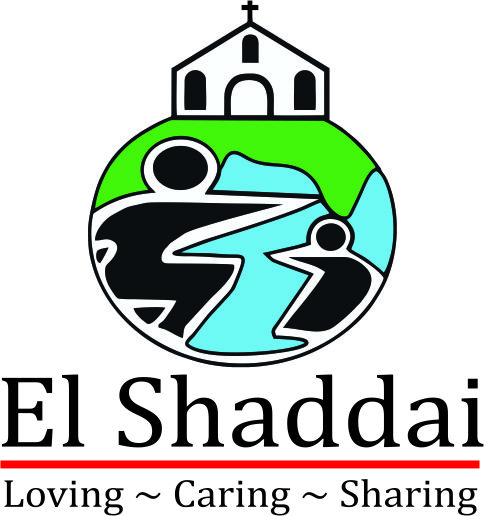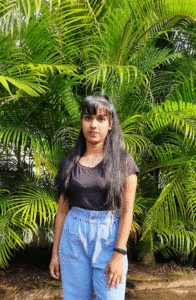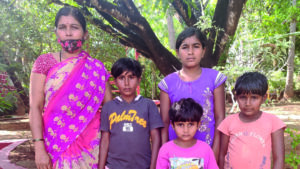“I have another story I’d like to tell,” shouted 14-year old Rahul, his voice full of excitement. Then he added, “two…no… three stories!”
Over five days at the beginning of September, we held a workshop on Digital Storytelling with 10 participants from El Shaddai. The participants – five girls and five boys all 14+ years.
“Who story do we start with?”
“I’m so nervous!”
“This was fun!”
“Let’s see Raghav’s film again!”
At the end of the five days, the participants were excited to see their finished films projected on the screen. And like Rahul, they want to continue to tell more stories.
The five day workshop on Digital Storytelling was conducted by Gasper D’souza, a writer, photographer and film maker.
We began on Tuesday, September 3rd with two sessions of three hours each day with a break on the third day for gathering images and material from the field.
On the first day participants were introduced to the Digital Storytelling form – short personal stories in a film format between 1 to 3 minutes. The films are made of still images and paintings along with the participant’s voice and a background music track.
Exposed to the power of stories and given a primer on the key factors that make a good story, a painting session helped the participants unwind and relax to release their innate creativity. By the end of day one each of the participants had decided on and had a written story.
From then on it was a mix of polishing their stories using the principals of storytelling and learning the technologies involved. The children created their storyboards and learnt to record narration. Finally, they put it all together into the software. For the purpose of the workshop, we kept it simple and used the free VideoPad software (its free for non-commercial use, with a license available for commercial work). Although it is free, the software is powerful and an excellent first step into the world of video editing.
The DST workshop works on multiple disciplines. Technology is evident and so is creativity with memoir storytelling and art. But the workshop also calls up areas of psychology and sociology. It creates the space for participants to look at their lives and see themselves as “the story”. These workshops have the potential for participants to come away more ready to face their life histories and societal positions, instead of ignoring and sweeping the past under the carpet of conformation.
The children were so enthusiastic to tell their stories.
“Will you use DST again?” asked Gasper during the screening.
“Yes!” replied Laxmi, “I’ll use it for project presentations in college.”
“So will I,” said Manjula.
“I too will tell my stories,” said Rahul, the youngest of them all.
“Good! What stories will you tell?” Gasper queried.
“Hmm… let me think,” he replied, looking up at the ceiling to laughter from the rest of his friends.
The films were screened for the teachers and staff of El Shaddai on Day 5 of the workshop. The participants were eager to share their creativity and expressed their desire to do more. The teachers were also moved with the work.
“It was all so emotional,” said Ms Mary, our senior teacher, “I was moved, almost thought of going out.”
Helping those on the margins understand the power of stories and tell their stories is the challenge of the digital age. Everyone felt we should do these digital storytelling workshops regularly in the school and communities.


